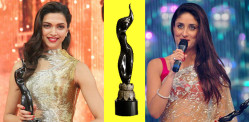Bollywood continues to enchant audiences worldwide.
Home to some of the most talented artists and technicians, Bollywood has been the heart of Indian cinema for over a century.
One of the most prestigious recognitions in this industry is the Filmfare Awards.
Introduced in 1954 by the Filmfare magazine of The Times Group, the Filmfare Awards have been honouring artistic and technical brilliance in the Hindi-language film industry for decades.
Often referred to as the “Clare Awards” or “The Clares” after Clare Mendonça, the editor of The Times of India, these awards are modelled after the Academy Awards.
The Filmfare Awards are unique in their dual voting system, which includes both public voting and a committee of experts.
This ensures a fair and balanced recognition of talent.
Over the years, the Filmfare Awards have been sponsored by various private organisations and have been televised on different channels, currently being broadcasted on Colors.
Despite the emergence of several other awards in Bollywood, the Filmfare Awards continue to hold a special place in the hearts of the industry and its fans.
DESIblitz will take a journey through the annals of Bollywood history, highlighting the top 5 Bollywood films with the most Filmfare Awards.
These films have not only captivated audiences with their storytelling but have also set benchmarks in cinematic excellence.
Gully Boy (2019)
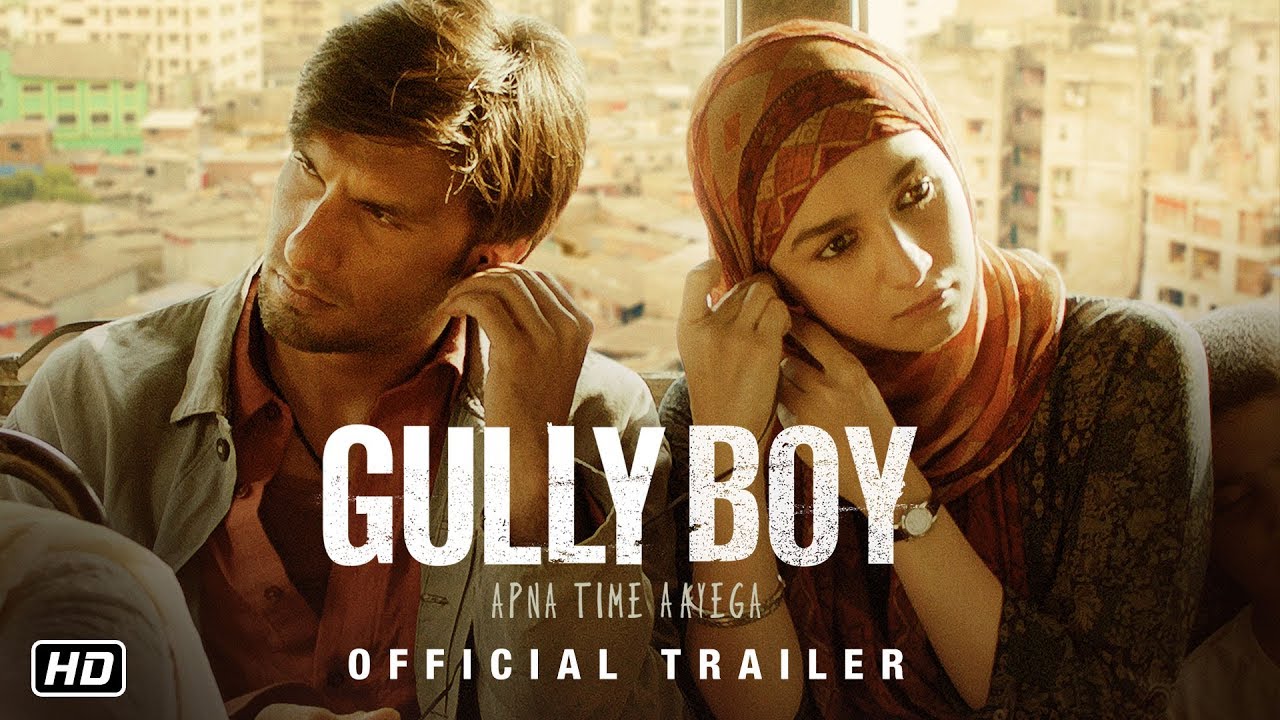
The movie Gully Boy tells the compelling story of Murad, a 22-year-old man from a ghetto in Bombay, India.
Despite his parents’ efforts to secure him a white-collar job through education, Murad discovers his true calling in rap.
This film traces Murad’s journey from his initial discovery of rap to the pursuit of his dream, unintentionally transcending his class in the process.
Gully Boy was met with critical acclaim and audience appreciation, becoming an overnight sensation.
Directed by Zoya Akhtar, the film managed to tick almost all the right boxes.
It holds the record for the most Filmfare awards won by a single film, with a total of 13 awards.
The awards include Best Film, Best Director for Zoya Akhtar, Best Actor for Ranveer Singh, Best Actress for Alia Bhatt, Best Screenplay for Zoya Akhtar and Reema Kagti, and Best Dialogue for Vijay Maurya.
Siddhant Chaturvedi won Best Supporting Actor, while Amruta Subhash won Best Supporting Actress.
The Best Music Director award went to Ankur Tiwari and Zoya Akhtar, and the Best Lyricist award was given to Ankur Tiwari and Divine.
Suzanne Caplan Merwanji won Best Art Direction, Jay Oza won Best Cinematography, and Karsh Kale & The Salvage Audio Collective won Best Background Score.
Dilwale Dulhania Le Jayenge (1995)
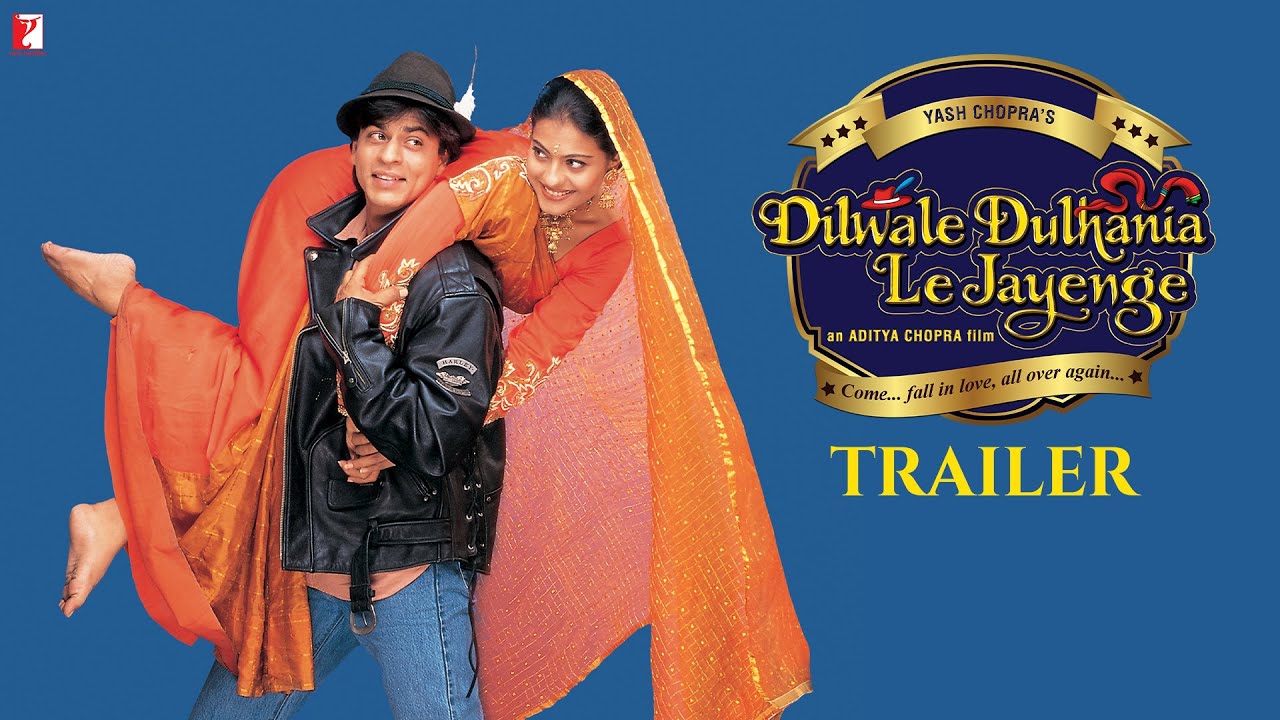
Known as the eternal romantic film of Indian cinema, Dilwale Dulhania Le Jayenge (DDLJ) is unsurprisingly one of the most successful films at the Filmfare Awards.
Even today, DDLJ is a film that audiences happily watch repeatedly.
Dilwale Dulhania Le Jayenge swept the Filmfare Awards, earning accolades in several categories.
The film itself, produced by Yash Chopra, won the award for Best Film.
The directorial prowess of Aditya Chopra was recognised as he took home the award for Best Director.
Shah Rukh Khan and Kajol were honoured with the Best Actor and Best Actress awards respectively.
Farida Jalal’s performance was also acknowledged as she won the award for Best Actress in a Supporting Role.
The film’s music was another highlight, with Udit Narayan winning the Best Playback Singer (Male) for the song “Mehndi Lagake Rakhna”.
Anand Bakshi was awarded Best Lyricist for the song “Tujhe Dekha”.
The dialogues of the film, penned by Aditya Chopra and Javed Siddiqui, won the award for Best Dialogue.
Anupam Kher’s comedic timing was recognised as he won the award for Best Actor in a Comic Role.
Lastly, the screenplay of the film, written by Aditya Chopra, was also awarded.
Devdas (2002)
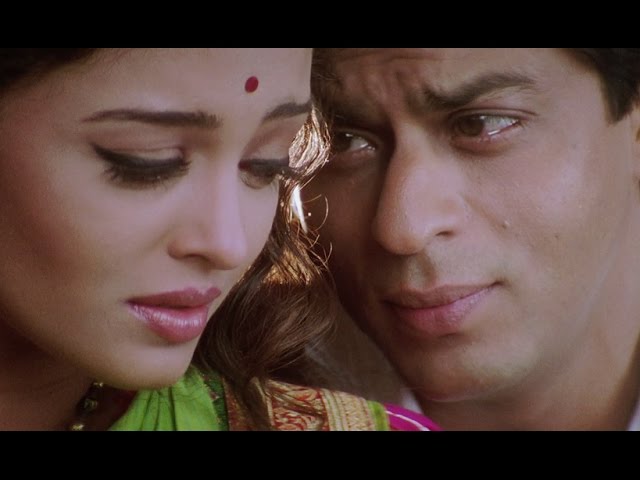
Devdas made a significant impact at the Filmfare Awards, earning accolades across multiple categories.
The film itself, produced by Bharat Shah, was honoured as the Best Film.
Sanjay Leela Bhansali’s directorial prowess was recognised with the Best Director award.
The lead roles played by Shah Rukh Khan and Aishwarya Rai were acknowledged as they were awarded Best Actor and Best Actress respectively.
Madhuri Dixit’s performance earned her the Best Actress in a Supporting Role award.
The film’s visual appeal was also recognised with Binod Pradhan winning Best Cinematographer and Nitin Desai winning Best Art Director.
The song “Dola Re” was a standout, earning Kavita Krishnamurthy and Shreya Ghoshal the Best Playback Singer (Female) award and Saroj Khan the Best Choreographer award.
Lastly, Shreya Ghoshal’s contribution to Devdas was further recognised with the R D Burman Award.
Black (2005)
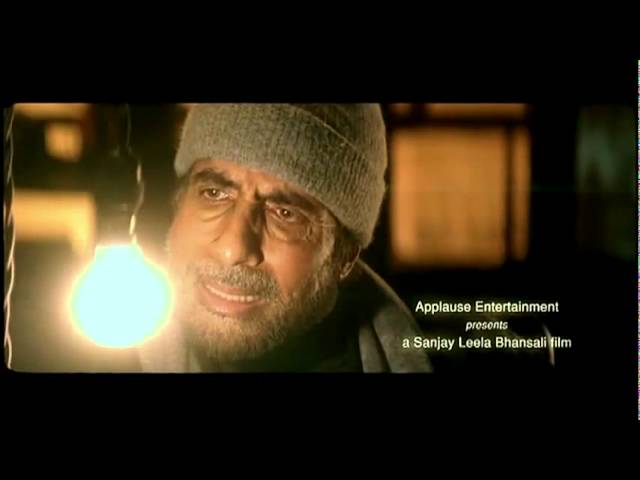
Sanjay Leela Bhansali’s film Black was met with resounding success at the Filmfare Awards, causing immense joy for the director and the lead actors, Amitabh Bachchan and Rani Mukerji.
The film didn’t just sweep all the major popular categories, it also set a record by winning the Critics’ Awards as well.
The tally came to an impressive 11 awards, marking the best record to date. The dominance of Black was truly unprecedented.
In an interview with a leading daily, Amitabh Bachchan revealed that he did not take any fee for his work in the film.
He felt that the opportunity to work with Sanjay Leela Bhansali was reward enough.
The Filmfare Awards won by Black spanned across various categories.
The film itself won the Best Film award, while Sanjay Leela Bhansali was honoured with the Best Director award.
The lead actors, Amitabh Bachchan and Rani Mukerji were recognised for their performances, winning the Best Actor and Best Actress awards respectively.
Ayesha Kapoor won the Best Actress in a Supporting Role (Female) award.
Black also swept the Critics’ Awards, winning Best Film, Best Actor for Amitabh Bachchan, and Best Actress for Rani Mukerji.
The technical aspects of the film were also recognised, with Ravi K. Chandran winning Best Cinematography, Bela Segal winning Best Editing, and Monty Sharma winning Best Background Score.
Bajirao Mastani (2015)
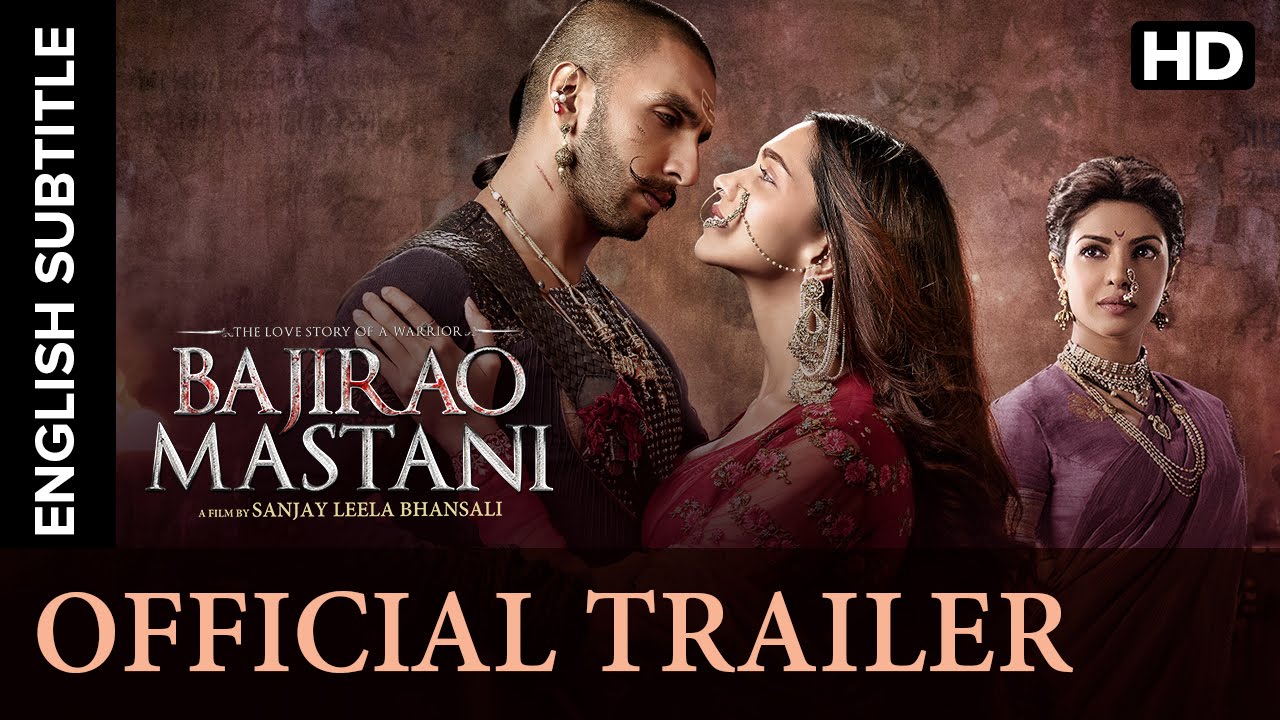
In the universe of Sanjay Leela Bhansali, love and war often intertwine, resulting in a deeply engaging and visually stunning spectacle that lingers in your memory long after you’ve left the theatre.
This was the case with Bajirao Mastani, a film that combined opulence, intensity, and history in a way that made it a top contender at the Filmfare Awards.
Ranveer Singh, who won his first Filmfare Award for his role in the film, was a standout.
His acceptance speech was heartfelt and humble, dedicating his award to his parents and expressing his honour at being nominated alongside his idol, Amitabh Bachchan.
Bajirao Mastani swept the Filmfare Awards, winning in several categories.
The film itself won Best Film, while Sanjay Leela Bhansali was recognised as Best Director.
Ranveer Singh’s powerful performance earned him the Best Actor award, and Priyanka Chopra was honoured as Best Supporting Actress.
The film’s compelling narrative, penned by Vijayendra Prasad, won Best Story.
The awards didn’t stop there. Shreya Ghoshal was awarded Best Playback Female, and Birju Maharaj took home the award for Best Choreography.
The film’s thrilling action sequences, orchestrated by Sham Kaushal, won Best Action.
The stunning sets, created by Sriram Iyengar, Saloni Dhatrak, and Sujeet Sawant, were recognised with the Best Art Direction award.
Finally, the film’s beautiful costumes, designed by Anju Modi and Maxima Basu, won Best Costume Design.
Bollywood continues to enchant audiences worldwide.
The Filmfare Awards, with their long-standing tradition of honouring the best in the industry, play a crucial role in celebrating this cinematic brilliance.
These Bollywood films with the most Filmfare Awards are a testament to the talent and creativity that thrives in Bollywood.
As we look forward to more from Bollywood, the Filmfare Awards will continue to be a beacon of recognition for the industry’s artistic and technical excellence.
Here’s to the magic of Bollywood and the prestigious Filmfare Awards that celebrate it.























































